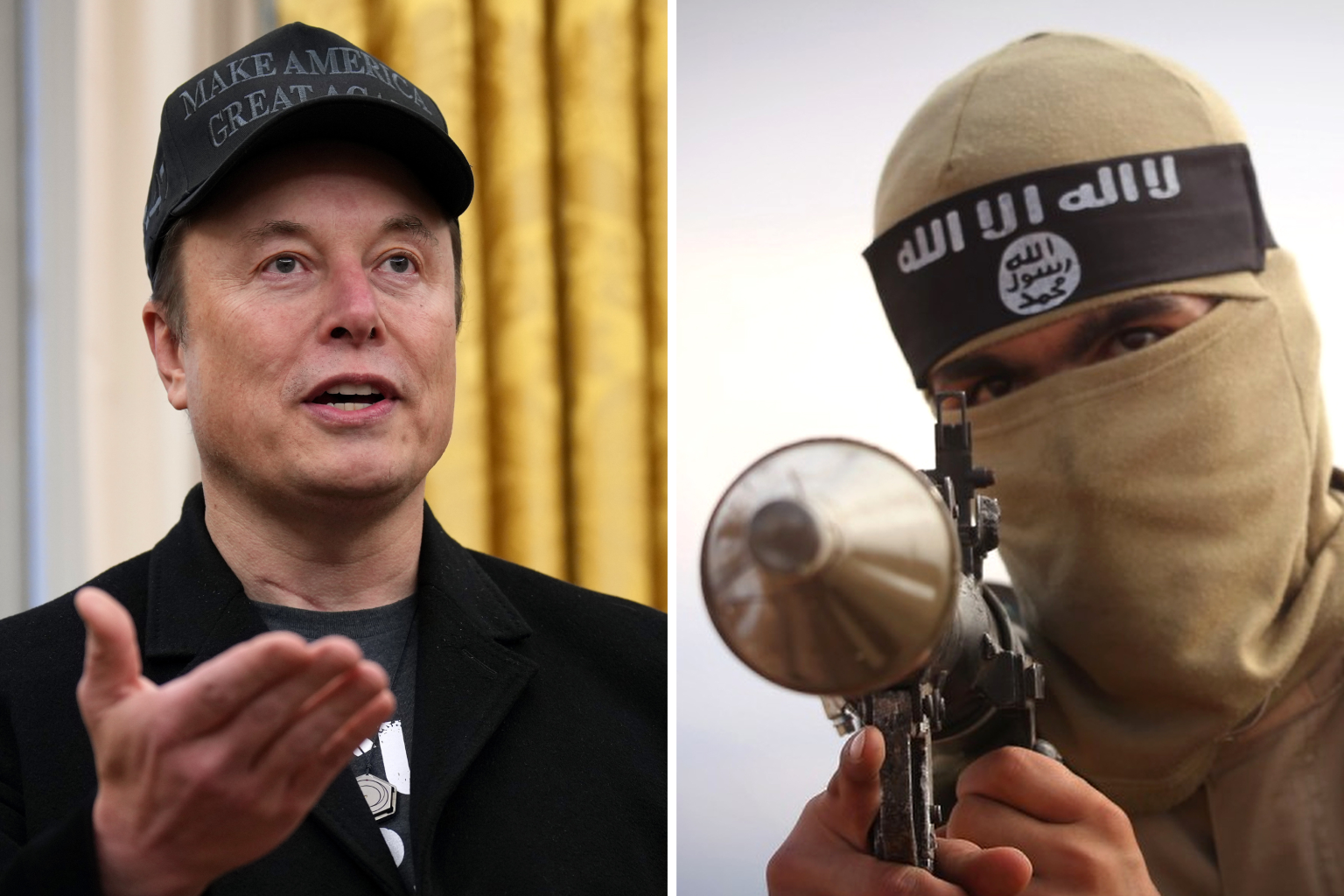Summarize this content to 2000 words in 6 paragraphs Could the shuttering of USAID end up fueling terrorism? Experts on counterterrorism say it’s possible.The Elon Musk-led Department of Government Efficiency (DOGE) hollowed out America’s foreign aid department, laying off almost all of its staff and locking others out of its systems. DOGE is tasked by President Donald Trump with tackling waste and fraud in federal spending, and sees USAID as endemic with both.A White House fact sheet on USAID said: “For decades, the United States Agency for International Development (USAID) has been unaccountable to taxpayers as it funnels massive sums of money to the ridiculous—and, in many cases, malicious—pet projects of entrenched bureaucrats, with next-to-no oversight.”The sheet also said USAID spent “hundreds of thousands of dollars for a non-profit linked to designated terrorist organizations—even AFTER an inspector general launched an investigation.”The fallout from DOGE’s attempted shuttering of USAID continues, with a number of lawsuits working their way through the court system. But one of the most significant potential consequences may blow back in the form of terrorism. Newsweek has emailed the White House press office for comment.Newsweek asked experts how the USAID cuts might intersect with counterterrorism efforts, and what the outcome of slashing aid programs might be in volatile regions of Africa and the Middle East. Here’s what they said.
Left, DOGE’s Elon Musk in the Oval Office at the White House on February 11, 2025 in Washington, DC. Right, an undated file photo from ISIS taken in Iraq in 2015 and published by the…
Left, DOGE’s Elon Musk in the Oval Office at the White House on February 11, 2025 in Washington, DC. Right, an undated file photo from ISIS taken in Iraq in 2015 and published by the terror group on their web pages.
More
Andrew Harnik/Getty Images/Sipa via AP Images
Richard Betts: Terror Recruitment Will Get a BoostCuts to health and food programs that wind up costing lives will embitter affected populations and be exploited in propaganda by anti-American groups. This will have at least a moderate effect in boosting recruitment by terrorist organizations.Richard K. Betts is a professor at the Saltzman Institute of War and Peace Studies,Columbia University. He has previously been an adviser to directors of the CIA, and was a commissioner of the National Commission on Terrorism.James Forest: We Risk Losing Intelligence and Cooperation in CounterterrorismCountering terrorism that originates in foreign countries is far more successful when people in those countries are willing to share intelligence with us, monitor and report suspicious behavior to the authorities, and address the root causes of violent extremism.When we turn a blind eye to the needs of those people and refuse to invest in the kinds of long-term relationship building that USAID regularly facilitates, we risk losing their cooperation in our counterterrorism efforts.James J. F. Forest is a professor and director of security studies at the UMass Lowell School of Criminology and Justice Studies. He is also editor-in-chief of the journals Terrorism and Political Violence and Perspectives on Terrorism.Colin Clarke: Islamic State Franchises Will Capitalize on These Myopic USAID CutsThe decision to cut the operations of the United States Agency for International Development (USAID), which fosters economic development and promotes good governance initiatives in fragile states and war-torn regions, is myopic and will ultimately fuel the grievances that terrorists leverage to recruit new members.Islamic State franchises will capitalize upon the fallout, as the root causes of violent extremism, including poverty and a widespread lack of justice and accountability, will grow more readily apparent, especially in conflict zones and among populations of refugees and internally displaced persons.While the Trump Administration may see a surge in terrorism from West Africa to Southeast Asia as someone else’s problem, the president’s counterterrorism brain trust would be wise to remind him that the 9/11 attacks were planned by a small group of jihadists who enjoyed safe haven in a failed state governed by religious extremists on the other side of the world.In a globalized world of porous borders and transnational connectivity, a metastasizing threat only remains localized for so long.Colin P. Clarke is the director of research at The Soufan Group, where he focuses on domestic and transnational terrorism, international security, and geopolitics.







